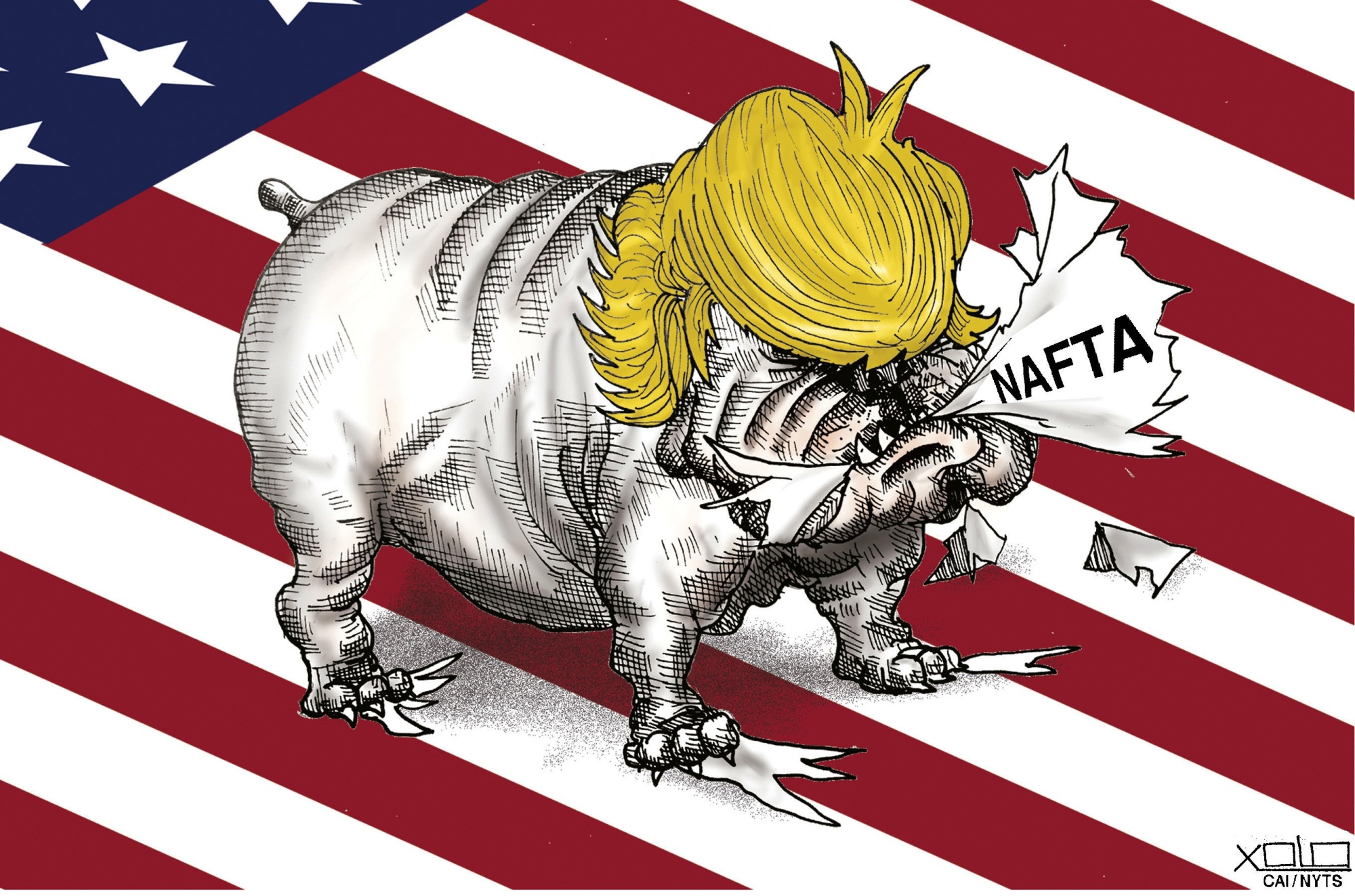U.S. President Donald Trump's unpredictable approach to policymaking has fueled widespread concern about where the United States is headed. Yet America's stock market has performed well since Trump's election, faltering only when his administration's political future appears to be in doubt. That is no accident: on the economic front, Trump's approach might have some redeeming qualities.
From the outset, the Trump administration has maintained a pro-business attitude, exemplified by his commitment to deregulation, raising hopes among investors of a boost to the U.S. and global economies. To be sure, efforts to roll back, say, environmental protections will ultimately do serious harm to the U.S., even if they allow some companies to improve their bottom line in the short term. But the Trump administration's eagerness to free financial markets of excessive regulation may ultimately prove beneficial for all.
When regulations become too cumbersome, they can do more harm than good. The Dodd-Frank Wall Street Reform and Consumer Protection Act, signed into law by President Barack Obama in 2010, is a good example. The Dodd-Frank legislation contains rules that have impeded the functioning of the international monetary market: by raising U.S. dollar funding costs for foreign banks, the rule compromised so-called covered interest parity.


















With your current subscription plan you can comment on stories. However, before writing your first comment, please create a display name in the Profile section of your subscriber account page.